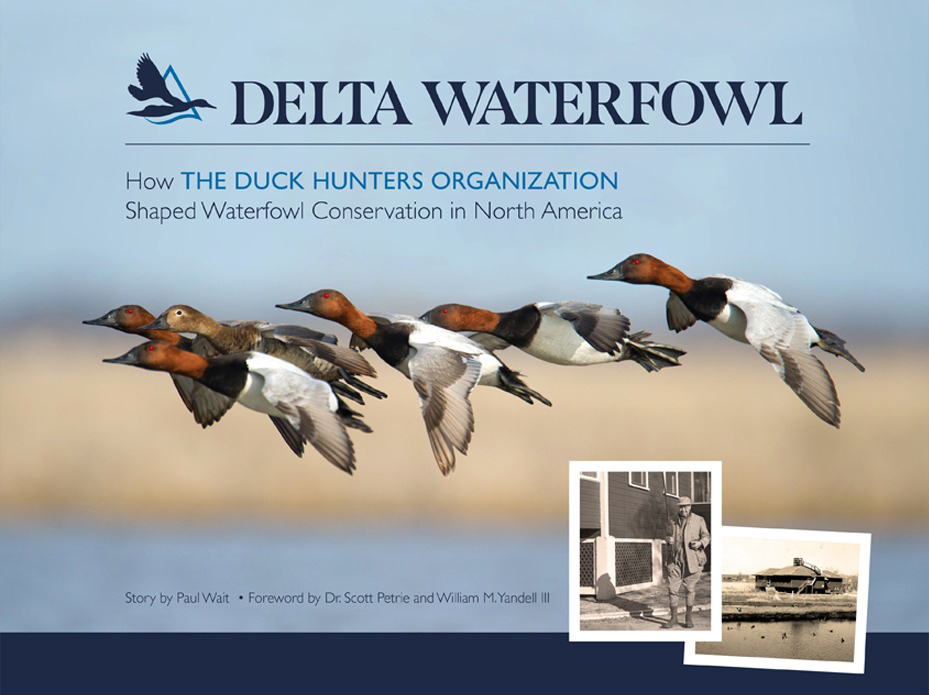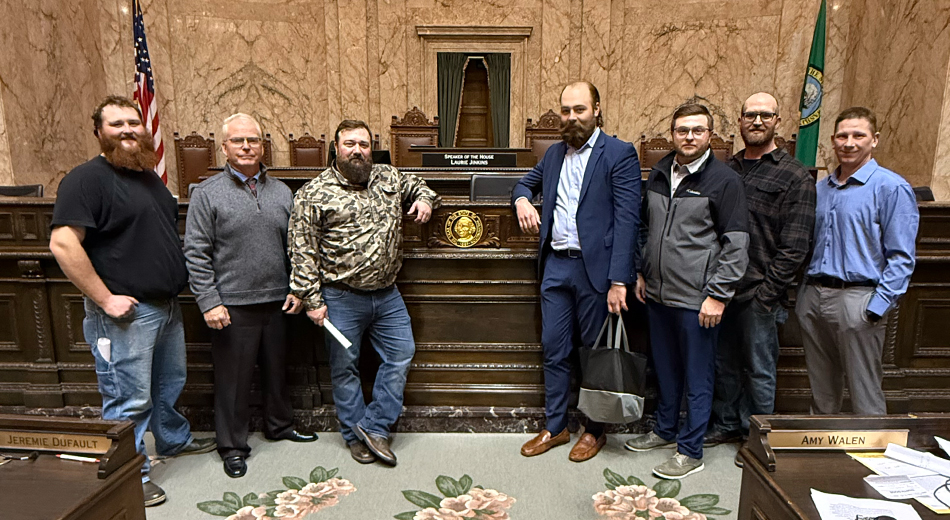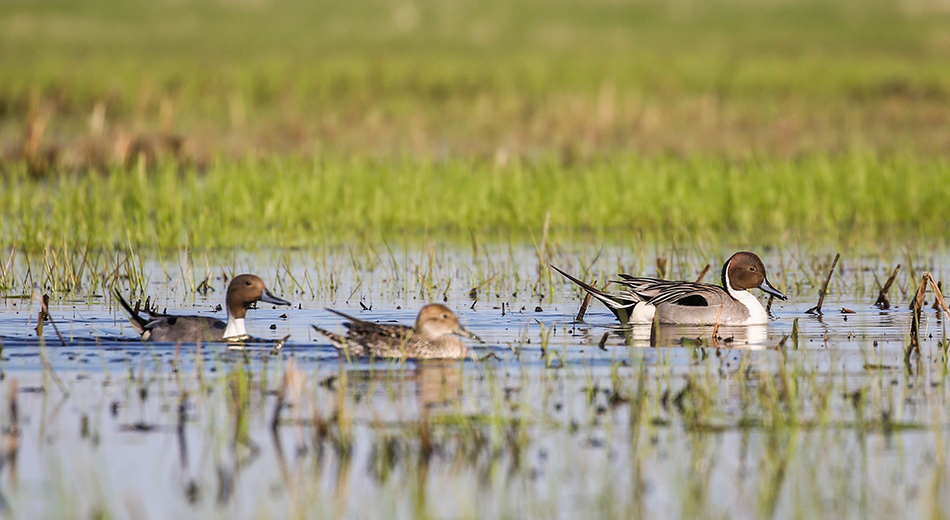History
Delta Waterfowl: Leaders in Waterfowl Conservation
Delta Waterfowl’s roots as a premier waterfowl conservation organization in North America stem to 1911.
The first iteration of Delta Waterfowl was founded by James Bird Burnham on Sept. 25, 1911, as the American Game Protective Association. The AGPA, backed by the staunch support of U.S. president Theodore Roosevelt, played an instrumental role in the creation of the Migratory Bird Treaty Act and the U.S. Federal Duck Stamp. In addition, the organization was the first to champion the idea of creating public hunting grounds.
 In 1938, Delta morphed into a waterfowl research-based organization thanks to the foresight and philanthropy of James Ford Bell. The founder of General Mills, Bell was an avid waterfowl hunter and conservationist who loved ducks—particularly canvasbacks—that migrated through his home state of Minnesota. Bell recognized duck numbers were declining, so he built a hatchery on the north end of Manitoba’s Delta Marsh with the idea that he would put back at least as many ducks as his hunting camp shot each year. Always a visionary leader, Bell enlisted the help of the world’s leading wildlife managers such as Aldo Leopold to spearhead a waterfowl research program at his facility. Leopold sent a graduate student, Hans Albert Hochbaum, to Bell’s facility, thereby establishing the Delta Waterfowl Research Station.
In 1938, Delta morphed into a waterfowl research-based organization thanks to the foresight and philanthropy of James Ford Bell. The founder of General Mills, Bell was an avid waterfowl hunter and conservationist who loved ducks—particularly canvasbacks—that migrated through his home state of Minnesota. Bell recognized duck numbers were declining, so he built a hatchery on the north end of Manitoba’s Delta Marsh with the idea that he would put back at least as many ducks as his hunting camp shot each year. Always a visionary leader, Bell enlisted the help of the world’s leading wildlife managers such as Aldo Leopold to spearhead a waterfowl research program at his facility. Leopold sent a graduate student, Hans Albert Hochbaum, to Bell’s facility, thereby establishing the Delta Waterfowl Research Station.
Delta Waterfowl quickly became the epicenter for waterfowl and wetlands research in North America, attracting the top minds in waterfowl management to study at the Delta Marsh and at Delta’s Minnedosa Field Station. Thousands of Delta student researchers have laid the foundation for our understanding of waterfowl and their habitat. The same researchers who pursued master’s and doctorate degrees have gone on to greatly impact waterfowl conservation, serving in leadership positions in the U.S. Fish and Wildlife Service, Canadian Wildlife Service, non-governmental conservation organizations, and state and provincial agencies.
Delta Waterfowl’s leading research has led to the development of several key programs — including Predator Management, Hen Houses, Working Wetlands, University Hunting Program, and First Hunt — all of which are based on sound science. Delta works to produce ducks, conserve breeding duck habitat, pioneer waterfowl research and education, enhance duck hunting opportunities, and ensure the future of waterfowl hunting traditions in North America.
Today, an ever-growing, energized, and engaged legion of dedicated donors, volunteers, members, and staff drives the success of The Duck Hunters Organization. All of Delta Waterfowl’s programs and research stem from the passion of people like you who have decided to join us to build a bright and promising future as waterfowl conservation leaders.
Together, we will always deliver for ducks and duck hunters.
Delta Waterfowl History book

Stay Up To Date With Delta Waterfowl

Delta Waterfowl Holds Lobby Day in Olympia
2/25/2026
Members, volunteers, and staff met with lawmakers in Washington’s Capitol to discuss firearms bill and raffle law
Read more
Delta Waterfowl Welcomes Progress on a New U.S. Farm Bill
2/20/2026
Proposed act maintains CRP program levels and funds important habitat for ducks
Read more
Wisconsin Sandhill Crane Bill Passes Assembly
2/20/2026
Delta Waterfowl supported legislation would establish a hunting season
Read more